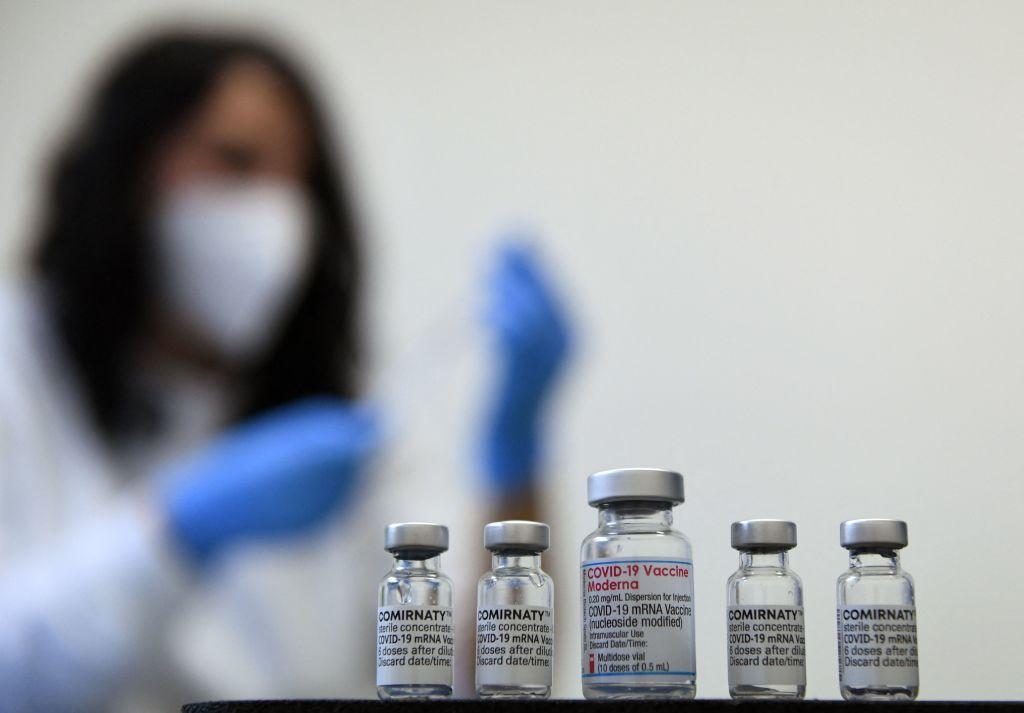I heard the argument recently that since we accept a yearly flu shot— and some places even mandate it— we should all be fine to accept a yearly COVID shot or a 4th dose (based on lousy, incomplete data). Let me say clearly: this argument is stupid.
Imagine if someone told you, “Hey, you already swallow a bunch of pills for high blood pressure and hyperlipidemia, so here are a few more pills that I don’t have good evidence for, just choke them down, buddy.”Some differences between the COVID shot and the Flu shot:
- The COVID shot has a worse side-effect profile. Do I need to belabor this point?
- We are giving people the EXACT same vaccine over and over. The 3rd dose is the same as the 1st dose; the (coming soon) 4th dose is the same as the 1st dose. This introduces the risk of Original Antigenic Sin, and frankly is quite different from a flu shot, where we do not take the exact same exact product year after year.
- Flu shot mandates are often porous, and there are ways people who wish not to get them can be exempted. Many, many people are not subject to such mandates, and choose not to take them. COVID mandates are enforced with gleeful, delusional vigor.
- No one reassesses COVID mandates. When vaccine effectiveness went into the toilet with Omicron, not a single organization dropped the mandate. That suggests a failure to respond to new information.
- If anything, the comparison reminds us why we might want to reconsider the evidence base for flu shots. We could benefit from more randomization, and less test-negative case control designs in assessing efficacy of the flu shot.
- We accepted a lot of drugs in the history of medicine based on low levels of evidence; then years later, we do not continue to accept drugs based on low evidence— we hold them to a higher standard. This is the natural progression of a society that is intelligent.
- We have lowered regulatory standards for COVID vaccines and use the EUA standard (emergency use authorization). This is because we are in an emergency situation. That was absolutely true for the first 2 doses for adults, but it is absolutely NOT true that healthy people aged 18-40, who already had 3 doses, and many also had Omicron, are facing an emergency for their fourth dose and beyond.




